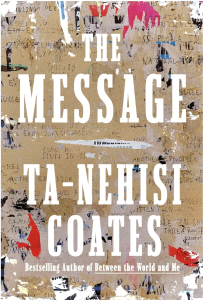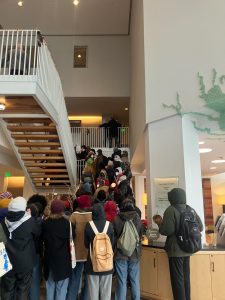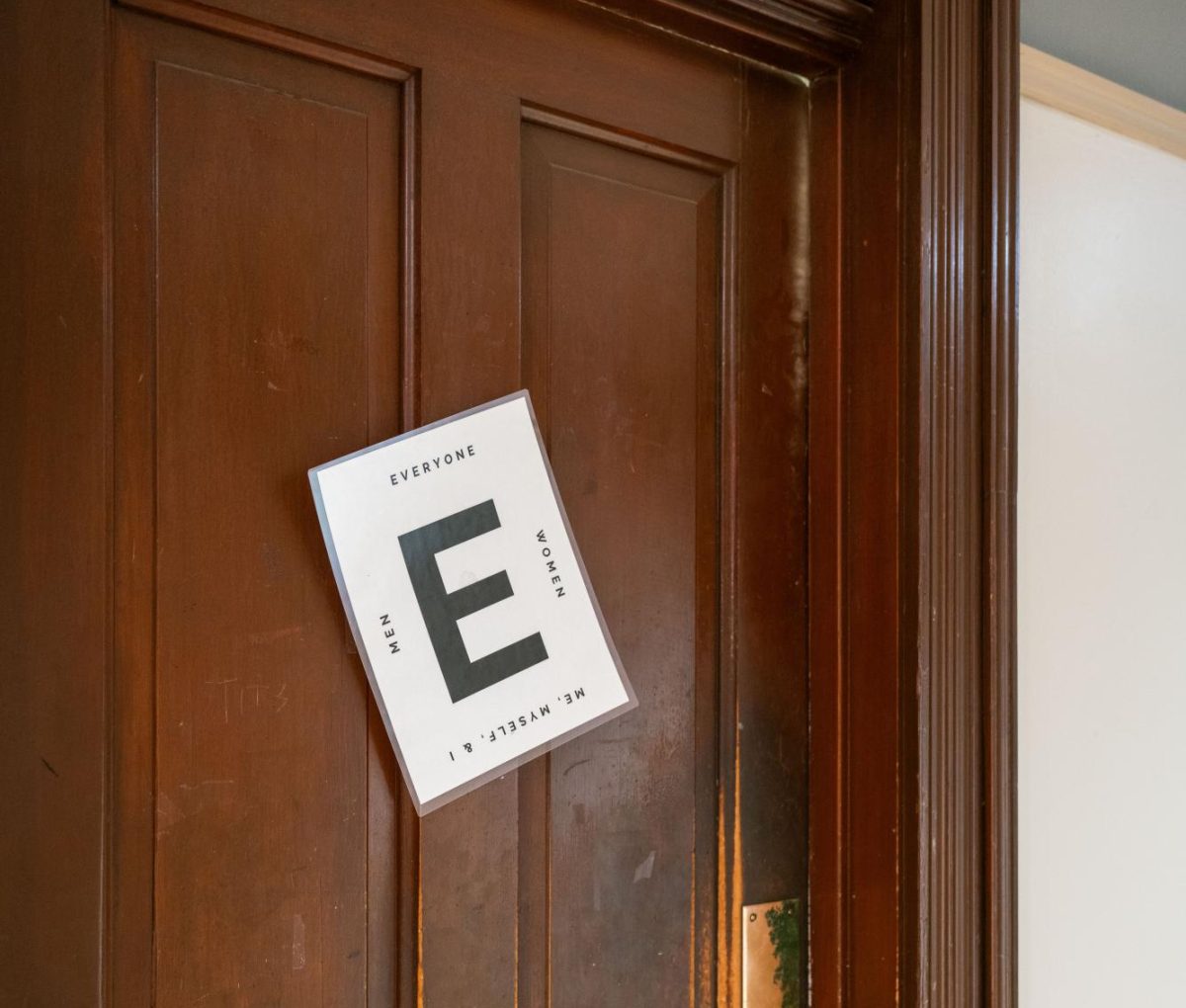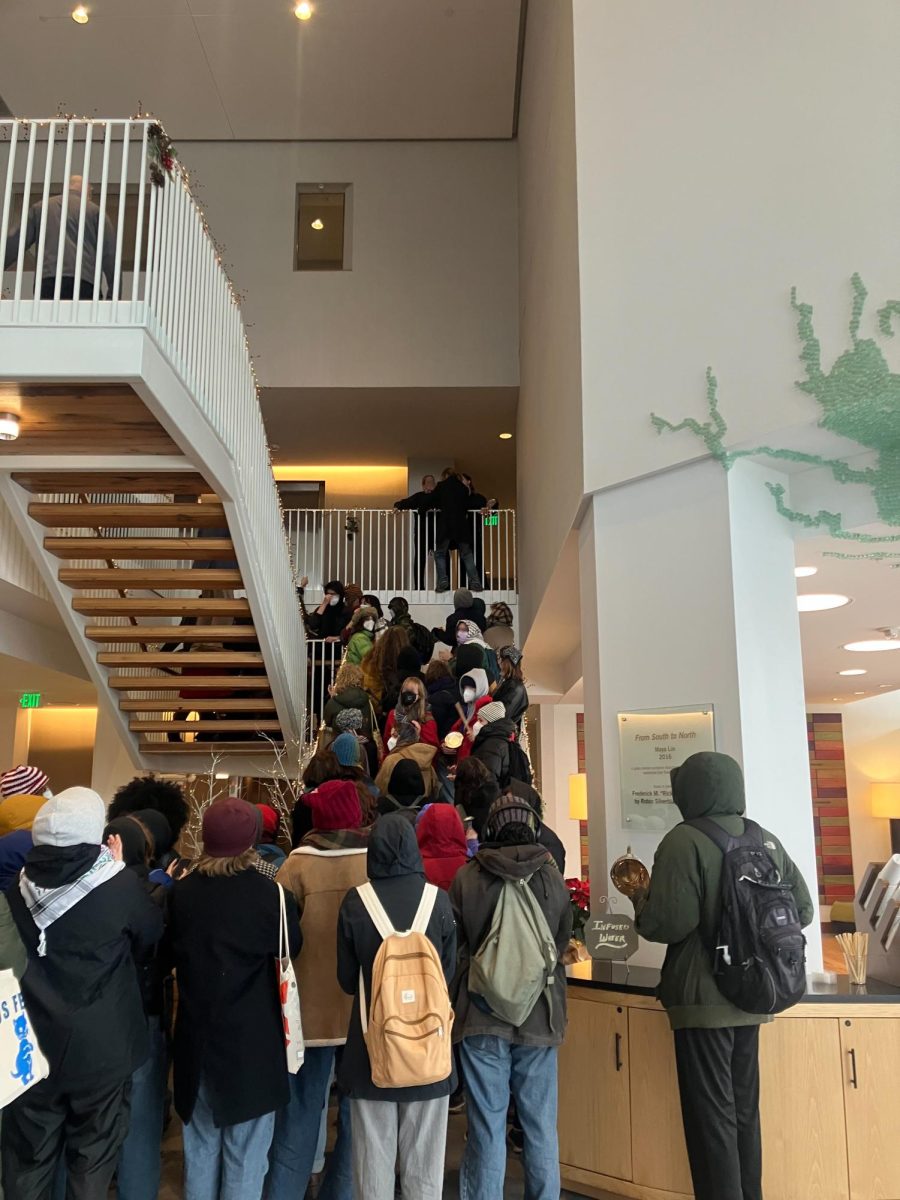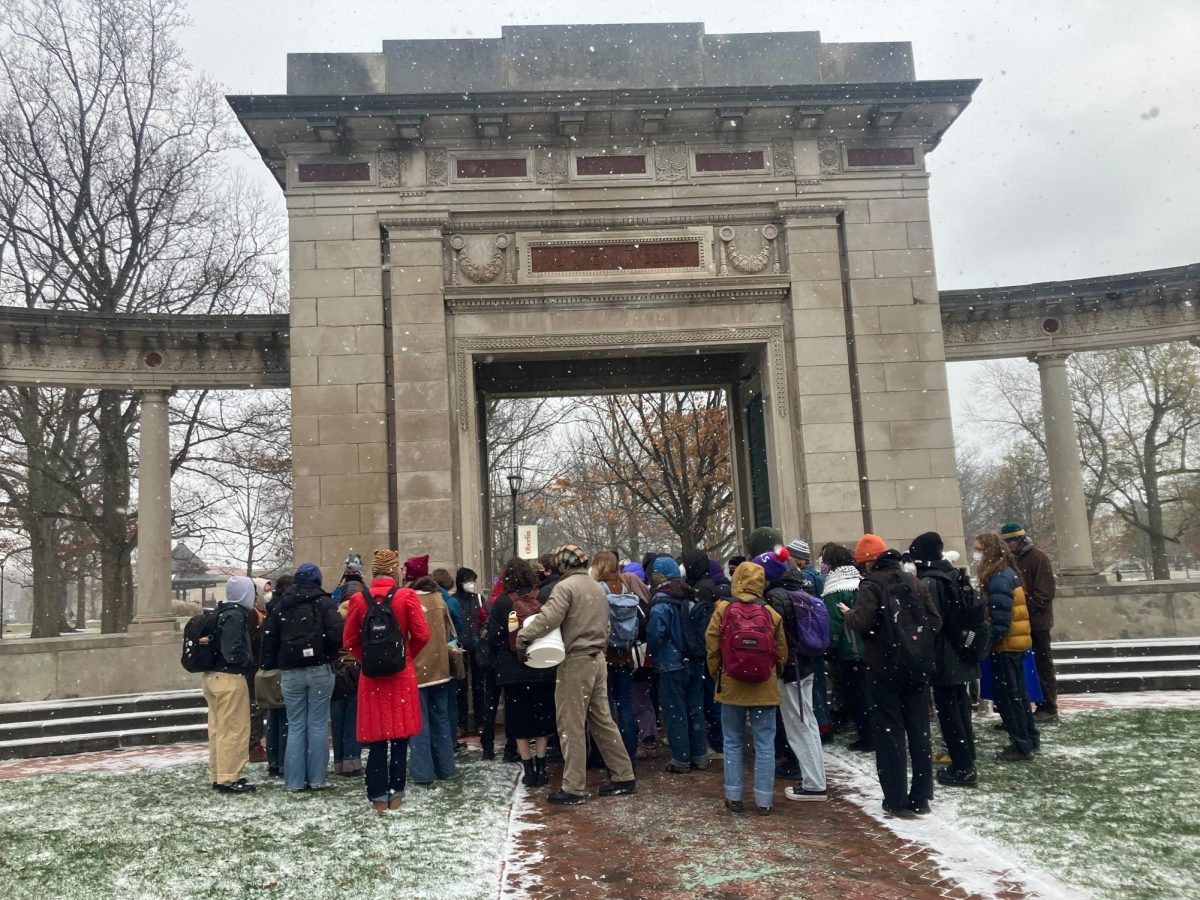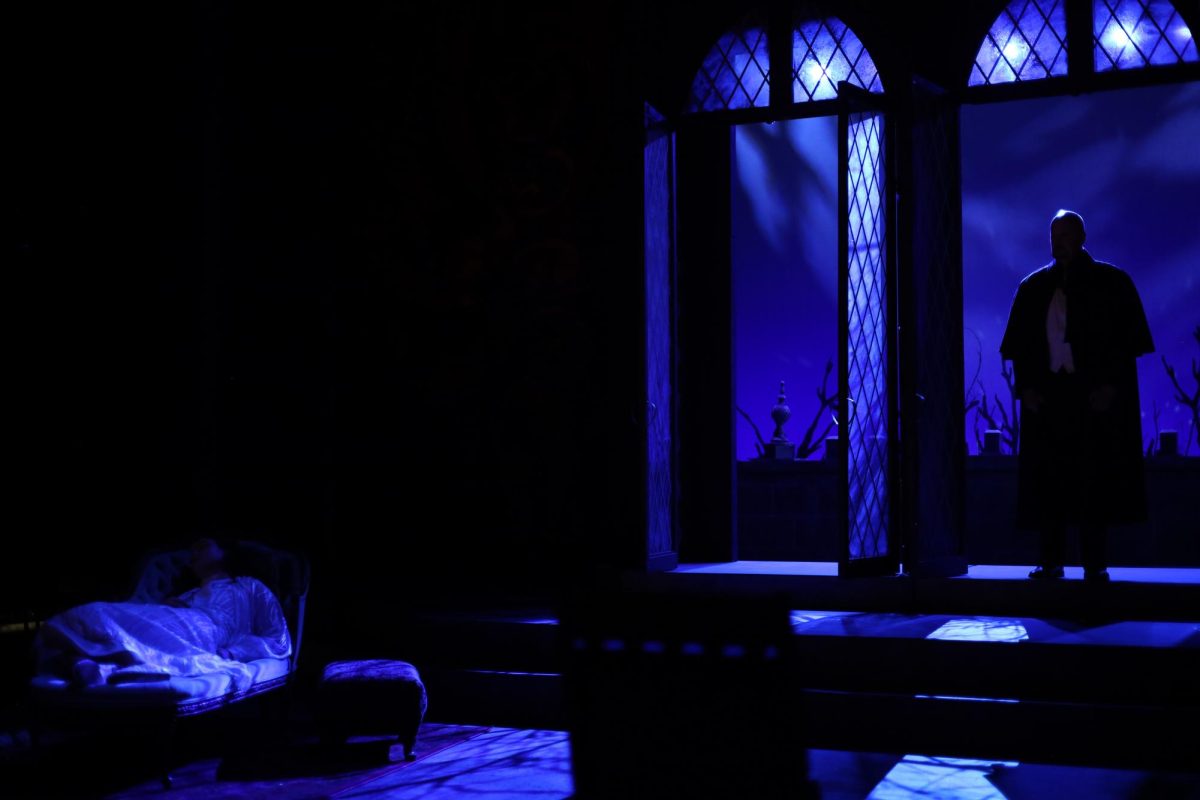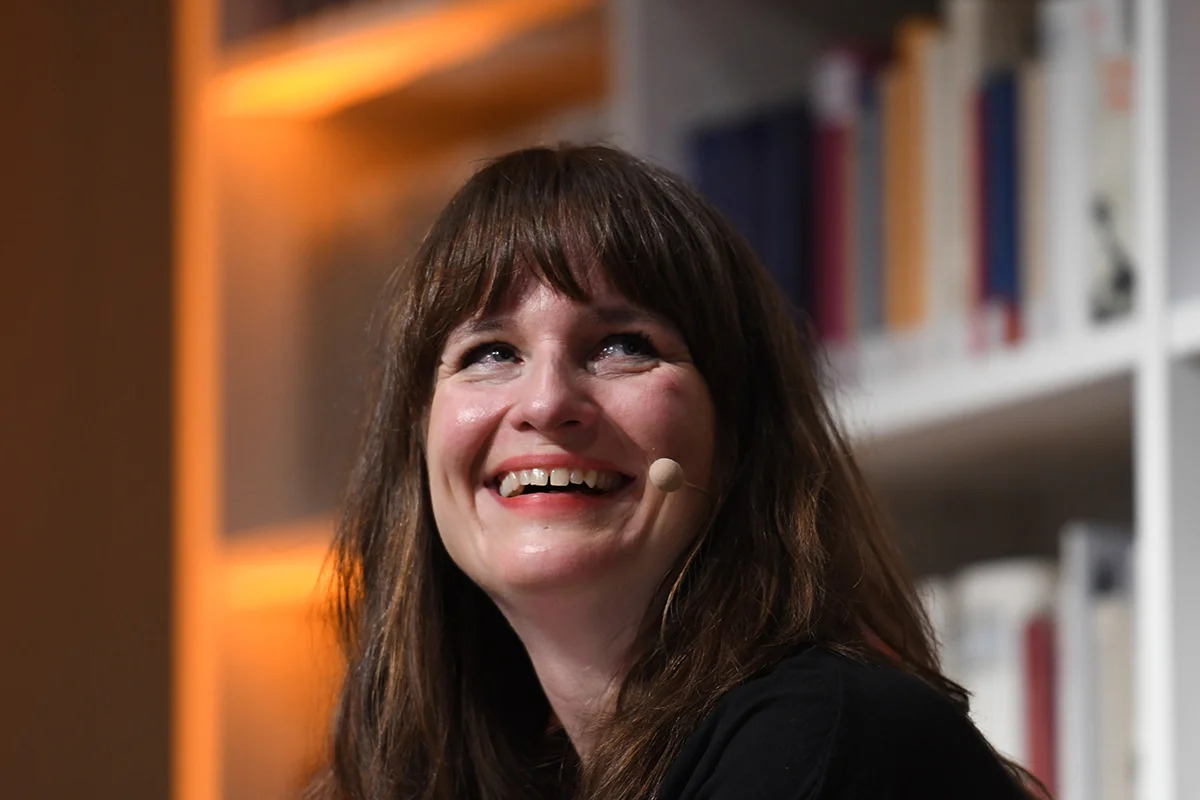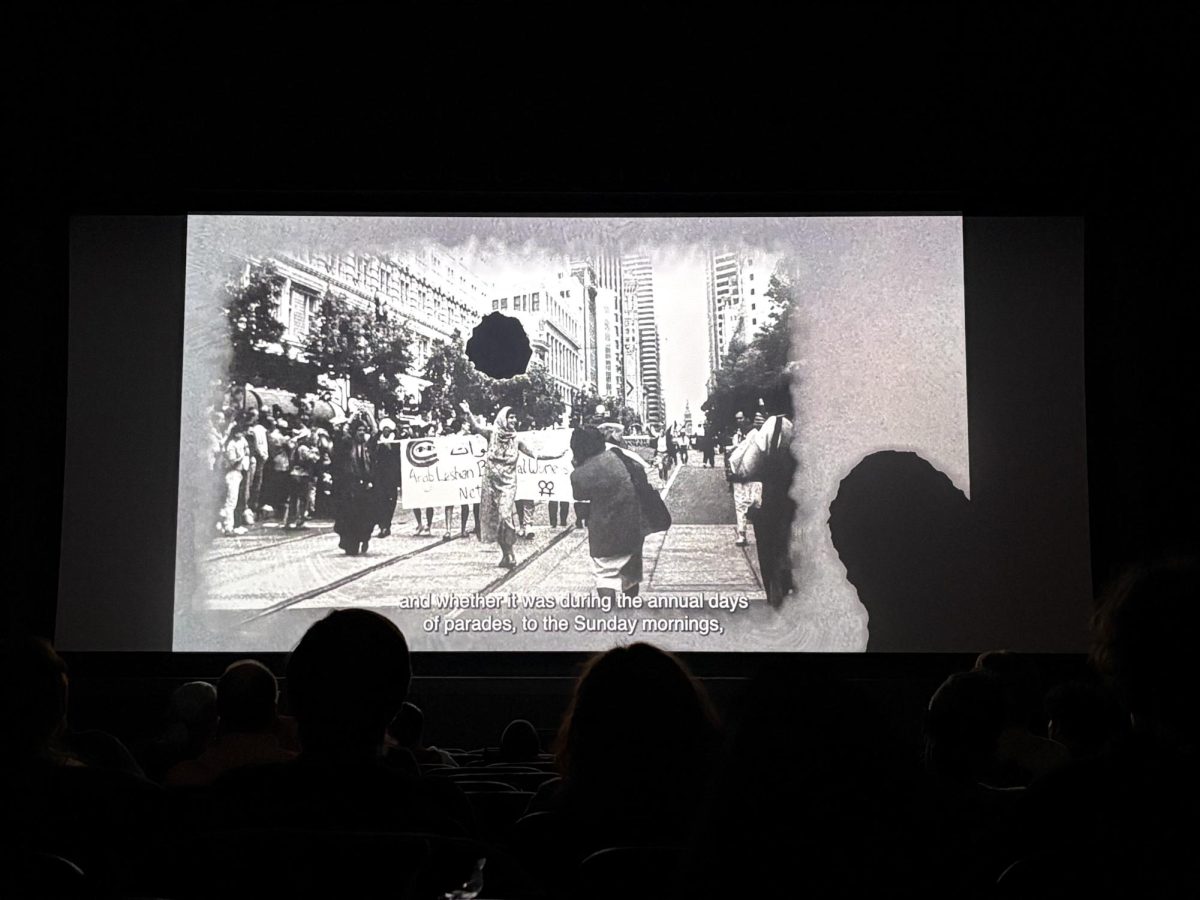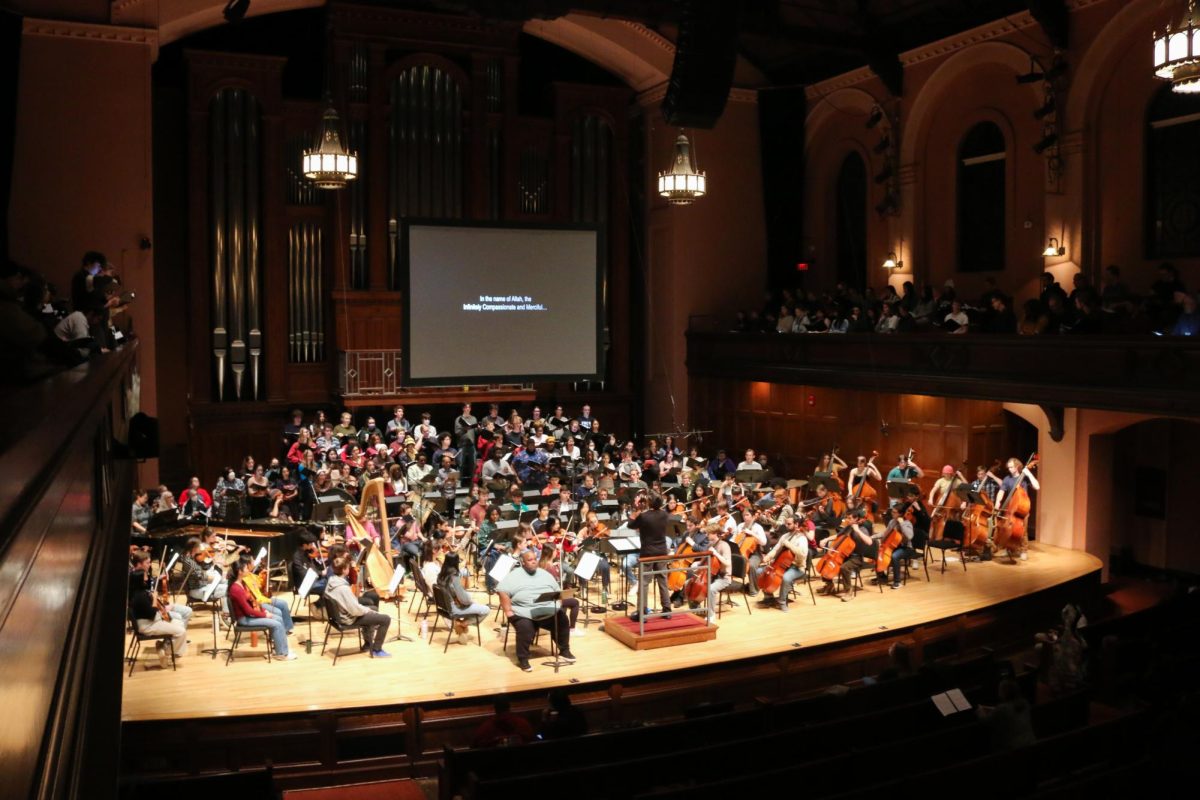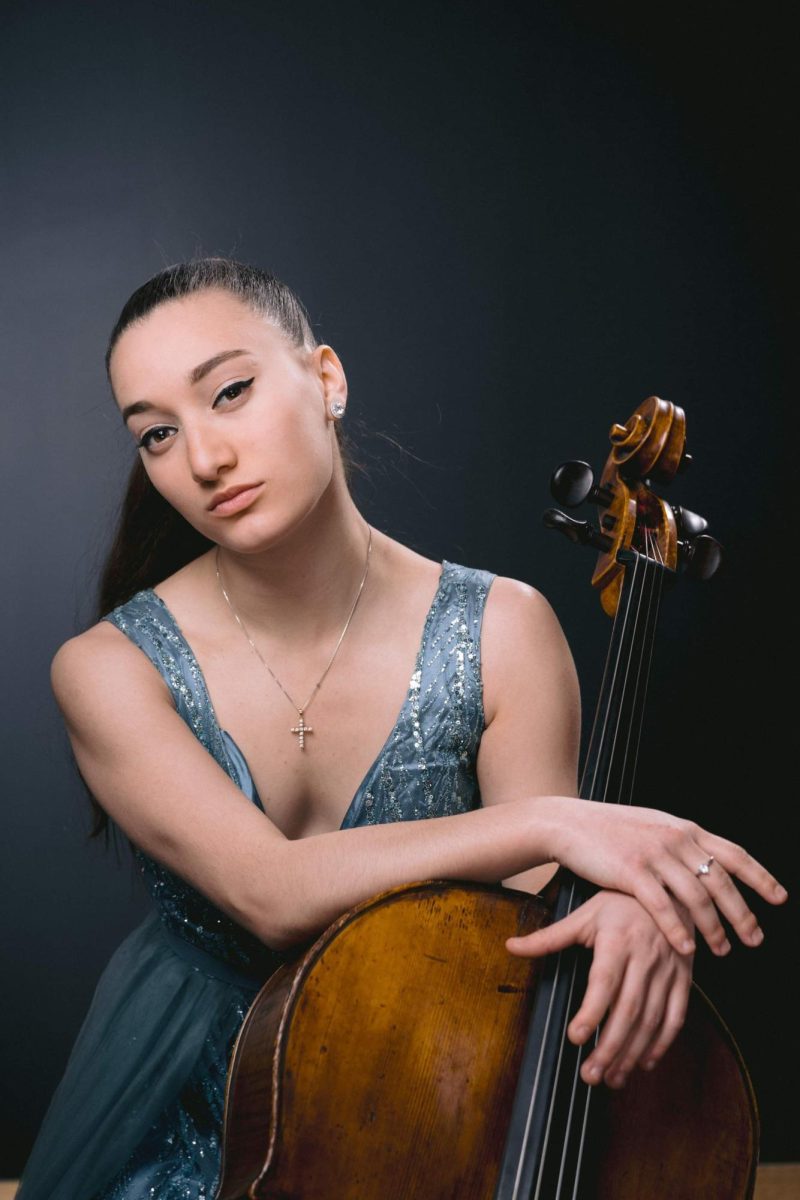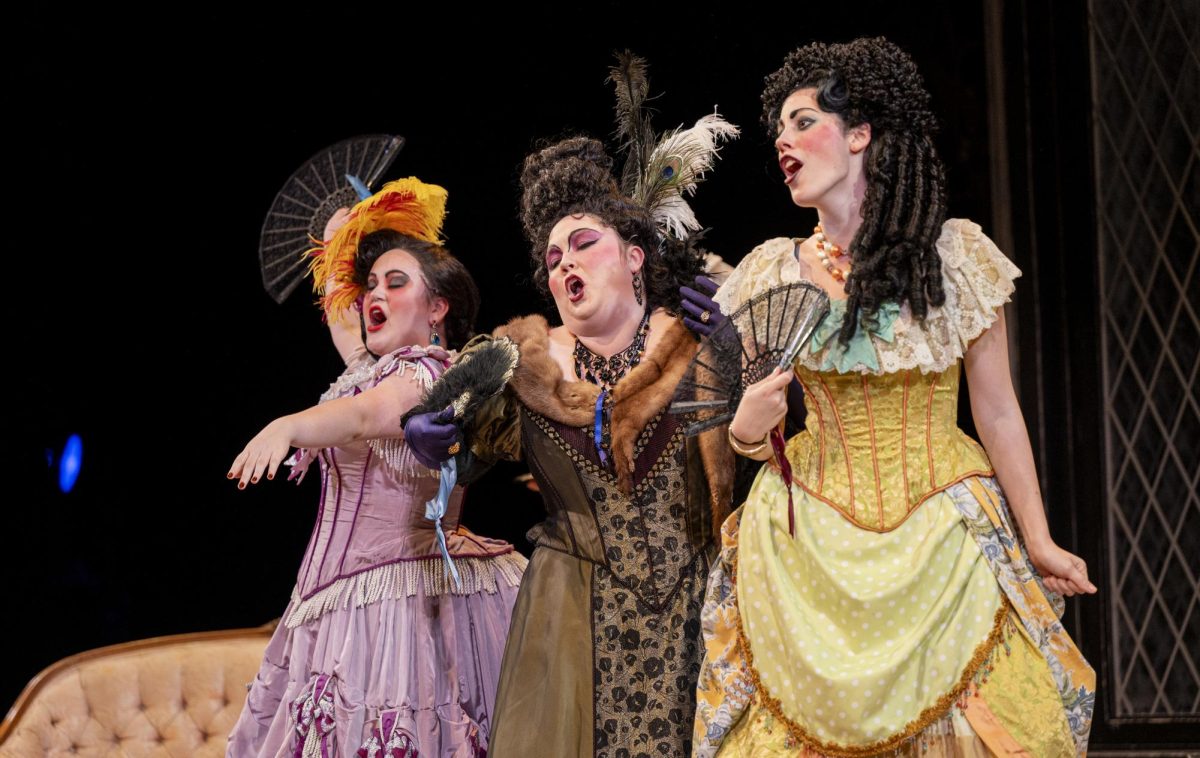Monika Herzig Workshop Addresses Gender Disparities in Jazz
September 30, 2016
Despite the fact that the Conservatory itself has enrolled around 45 percent women in its classes over the past five years, the Jazz department reached a peak of 14.2 percent women in 2015. The number of female Jazz majors in the department is often in the single digits—a discrepancy that has not gone unnoticed. German-born Jazz Pianist Monika Herzig and members of her ensemble visited Oberlin Monday for the Women in Jazz workshop, which addressed the pervasive gender disparity in the jazz community. Herzig seeks to highlight the achievements of past and present female musicians while encouraging female visibility in jazz.
Herzig commenced her presentation by recounting stories of some notable women and trans musicians and composers in the history of jazz, such as Lil Hardin Armstrong, The Hampton Sisters and Billy Tipton. Herzig stressed the lack of gender-diverse role models as being one major deterrent to women — and nonbinary individuals — from going into jazz, especially those struggling with the pressures of society.
“When [girls] learn to improvise in middle school, that’s a really bad time because the last thing you want to do when you get right into puberty is stand up in front of your peers and do something that might make you look stupid,” Herzig said. “Girls don’t do that — the girls are just a little more shy, so they’re not the ones taking the solos. … There’s still a little instrument stigma — [the idea that girls] should play the flute, or the violin.”
Double-degree first-year Gavin VanWinkle-Bright, who attended the workshop, agreed with Herzig that female role models are an important part of a jazz education.
“I think role models are a big issue,” they wrote in an email to the Review. “Women in jazz simply aren’t talked about as much. … Jazz often feels like a boy’s club kind of thing, so it’s easy for guys to treat it like that. It’s easy for women’s voices to be lost or discredited.”
Lack of awareness of female accomplishment in music translates to this “boys’ club” mentality, an atmosphere of masculine exclusivity, that wany women have run up against. At the talk, Herzig cited cited an experience she had while playing an undergraduate fusion band where she felt she was treated differently than — and by — her male peers. “The guys [in the band] were pretty young, and for them, I was so different,” she said. “I spoke different, I looked different. They didn’t know how to talk to me. It was like [they were thinking,] ‘I don’t know, I’ve never met a girl from Germany playing jazz, how do I do this?’ I caught them a few times talking [about me] to my boyfriend when I was standing right next to them.”
As part of the workshop, Herzig performed an arrangement of “The Whole World in Her Hands” — the title song of her latest album — with ensemble members Jennifer Vincent, who attended Oberlin from 1988 to 1991, Rosa Avila and Reut Regev. All four musicians answered audience questions and shared stories of their own experiences as students and performers. Herzig deliberately sought to perform alongside other female jazz musicians.
“[Gender dynamics are] absolutely changing, but … there’s just more hurdles to overcome. … There’s a whole bunch more [ female musicians] in the middle who could … make music and contribute their voice that don’t get that far because they’re too afraid to jump over those hurdles.”
The issues raised by Herzig certainly ring true with students in the Jazz department at Oberlin, to whom the lack of female members is clear.
“The Oberlin Jazz department is a pretty male-dominated environment, both within the students and faculty,” Conservatory first-year Adriana Vergara wrote in an email to the Review. “That is sometimes intimidating as a woman and a vocalist because there are times I worry I will not be taken as seriously as the extremely talented male instrumentalists here.”
“In my experience, Oberlin’s Jazz department has much more gender diversity than most,” VanWinkle-Bright wrote in an email to the Review. “That said, there are still plenty of ensembles without women, and it seems like it would be easy to play a lot of music without ever working with some of the women in the Jazz department.”
La Tanya Hall, professor of Jazz Voice in the Conservatory and the only female Jazz professor currently at Oberlin, reflected on how she views the current and changing roles of women in the genre.
“I do think there are more [men] in the jazz arena, but it’s certainly become a lot more popular with women, in particular in the last couple of generations,” she said. “There’s always been a very strong contribution of women in jazz, and I think they have not been as heralded as some of their male counterparts. … There were just a lot of great female composers that never got their due.”
If Herzig’s talk had one overarching message, it was that women in jazz have made and are making important, diverse contributions that deserve to be recognized.
“[It’s important] to not be afraid if you sound a little different,” she said. “You don’t have to imitate how everybody else sounds. It’s okay to find your own voice and contribute it to the mix. I think that’s the important message — to not feel pressure to sound like everything before you has sounded. … It’s not trying to be something that you’re not, but contributing a voice that’s missing.”


